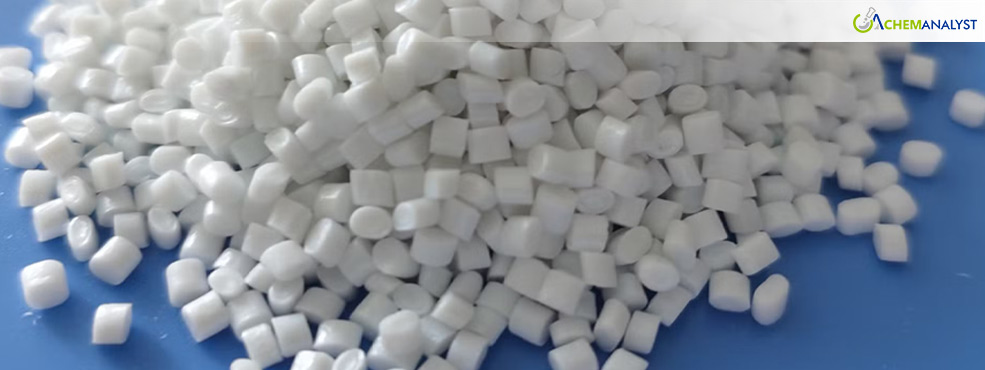Welcome To ChemAnalyst

A team of researchers from South Korea’s Kyungpook National University has created a biocatalyst capable of decomposing over 90% of polyethylene terephthalate (PET) plastic in just eight hours.
Key Takeaways
The research, led by the university’s Professor Kim Kyung-jin in collaboration with CJ CheilJedang, was published in the prestigious journal Science. The team's breakthrough focuses on the development of a biocatalyst, specifically a high-performance enzyme called PET depolymerase (PETase), which can decompose PET plastic through biological processes. This innovative approach promises to make recycling more efficient and environmentally friendly.
The team’s breakthrough enzyme, initially identified as "Kubu," showed remarkable potential in decomposing PET. They enhanced Kubu to create an even more efficient variant called "Kubu M12" through a process known as enzyme engineering. This improved biocatalyst demonstrated world-leading performance, decomposing 45% of one kilogram of PET in just one hour and over 90% in eight hours. Remarkably, the process required only 0.58 grams of the biocatalyst to achieve such high decomposition rates.
PET is one of the most widely used plastics globally, found in products ranging from water bottles and clothing to vehicle mats and takeaway cups. Despite efforts to recycle PET, traditional methods often face significant limitations, particularly in terms of efficiency and environmental impact.
Plastic waste, particularly PET, has long been a challenge for global sustainability efforts. Traditional mechanical recycling processes like separating, crushing, and refining plastic, often degrade the quality of the recycled material, that make the products unsuitable for reuse or are ultimately discarded. In contrast, chemical recycling methods that use chemical catalysts to break down plastics have their own set of challenges. It contaminates raw materials and incur significant environmental costs.
Professor Kim's team focused on a promising alternative known as "biological recycling," which utilizes biocatalysts to decompose plastic in a manner similar to how organic materials like wood naturally decay in the environment. By leveraging the natural degradation process, the researchers were able to develop an enzyme that selectively targets PET plastic, producing high-quality reaction products with minimal environmental impact.
Professor Kim emphasized the significance of this research, noting that "biological recycling through biocatalysts is a groundbreaking technology that enables permanent recycling, even for contaminated plastics that cannot currently be recycled."
We use cookies to deliver the best possible experience on our website. To learn more, visit our Privacy Policy. By continuing to use this site or by closing this box, you consent to our use of cookies. More info.
